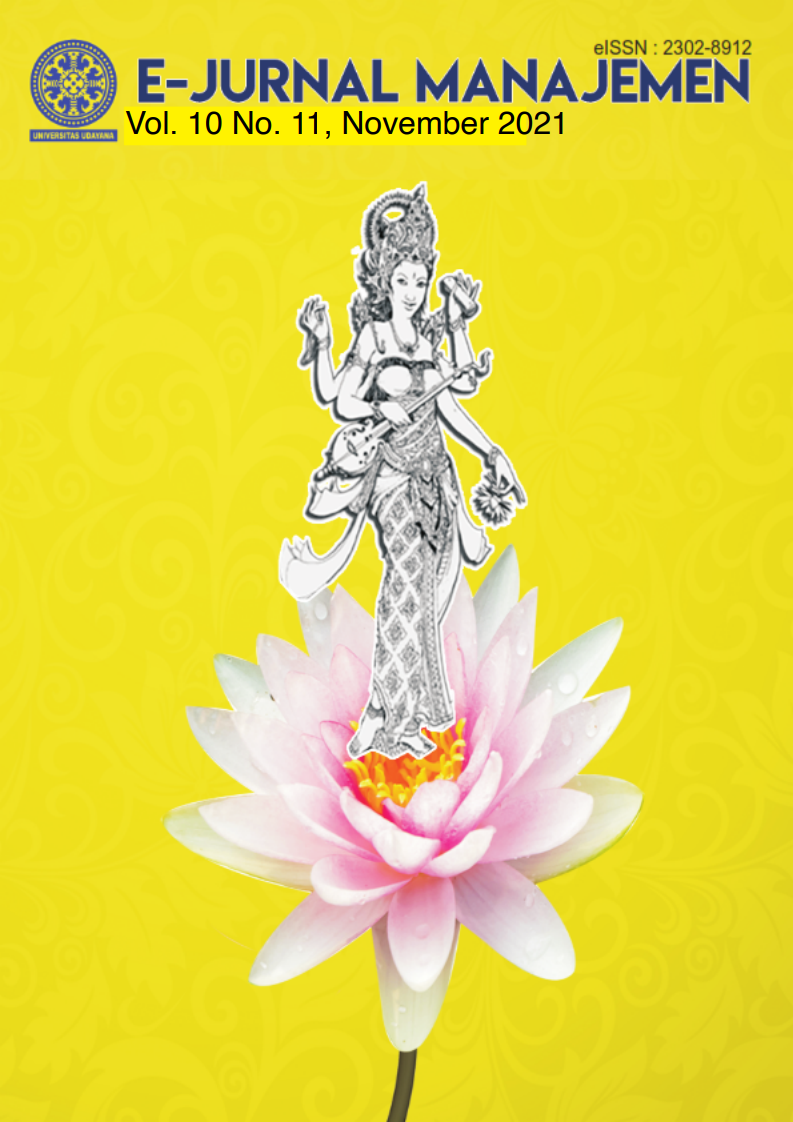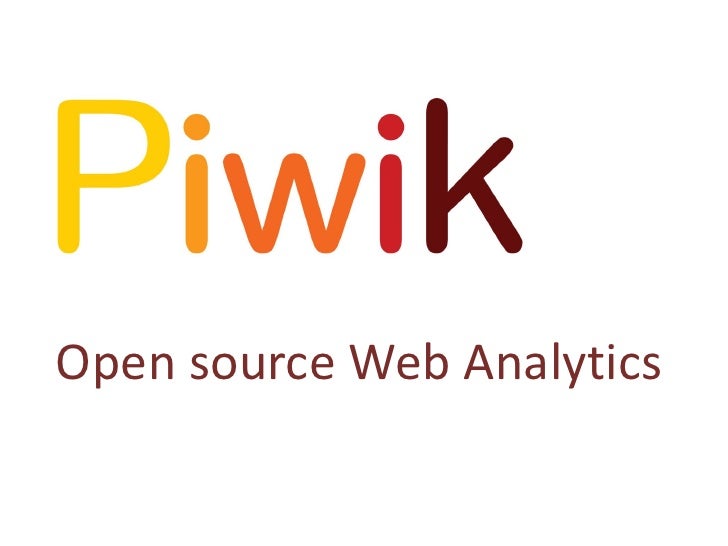SOCIAL ENTREPRENEURSHIP INTENTION DURING COVID-19 CRISIS AMONG UNIVERSITY STUDENTS: A CASE STUDY FROM INDONESIA
Abstract
The young generation as agents of change needs social entrepreneurship knowledge to create social entrepreneurship intention to solve social issues, especially during the COVID-19 pandemic. This research was conducted to examine social entrepreneurship intention among university students in Batam City, Indonesia based on the Theory of Planned Behavior (TPB) with the addition of empathy, entrepreneurship education, and COVID-19 stress perception variables to the framework. This research used the purposive sampling method through an online questionnaire that was distributed to all students of the Faculty of Economics Universitas Internasional Batam who took social entrepreneurship course. The data collected from 269 respondents were analyzed using SmartPLS version 3.0 to test the proposed hypothesis. The research result confirmed that attitude, perceived behavioral control, and empathy have significant positive relationship with social entrepreneurship intention. Entrepreneurship education and subjective norm have no significant positive relationship on social entrepreneurship intention. Meanwhile, COVID-19 stress perception was not proven to have a significant negative relationship with social entrepreneurship intention. Based on this result, universities are suggested to improve social entrepreneurship learning method so it can generate student’s interest in social entrepreneurship as an attractive career choice.
Keywords: social entrepreneurship; social entrepreneurship intention; theory of planned behavior, COVID-19.





















